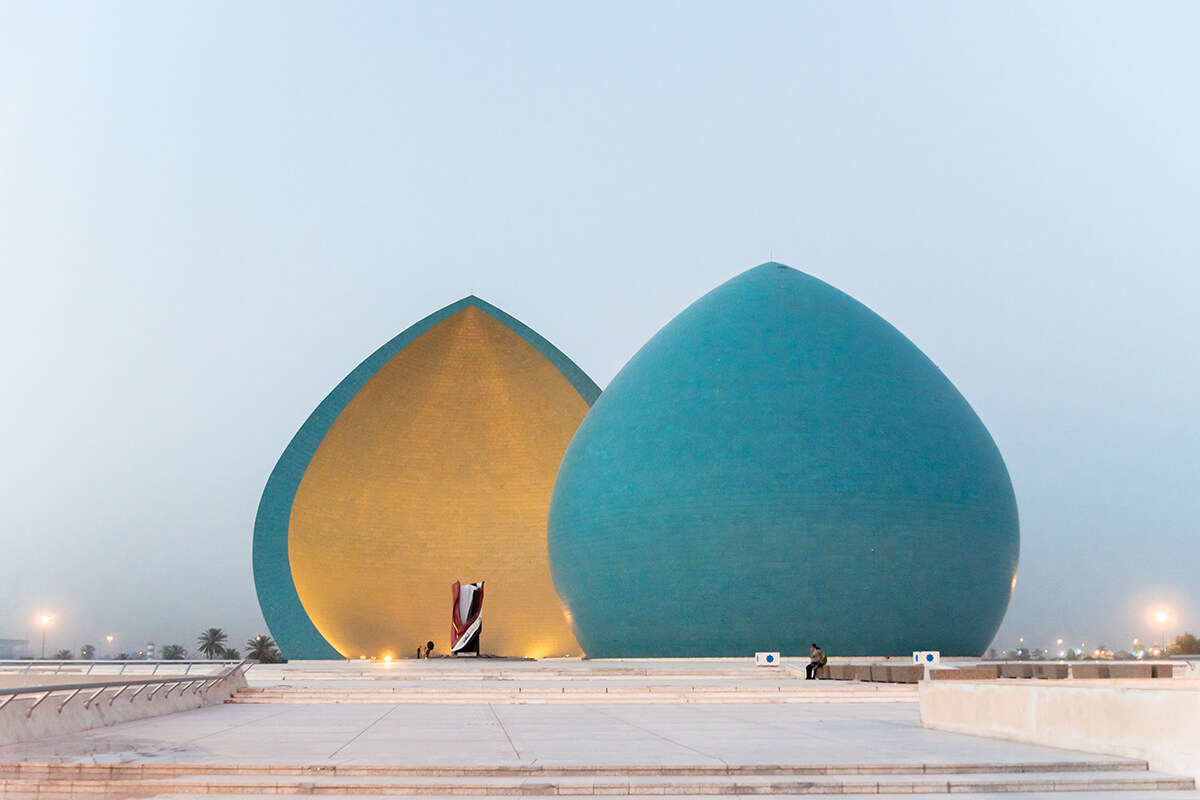
Michael Palin takes an insightful journey, with hints of a Monty Python sketch, through the much-misunderstood country
Review by Jules Stewart
Many people’s abiding memories of contemporary Iraq are of an ill-conceived and unpopular war led by Western powers to oust Saddam Hussein and the later campaign to crush the Islamic State terrorists who came to control nearly half the country.
Michael Palin acknowledges that Iraq is a land that arouses mixed feelings, but also one that has much to offer the visitor, which is made clear in the engaging story of his journey to the cradle of one of the world’s most ancient civilisations. The internal conflicts that have ravaged the country have left its people with a feeling of waste and dissipation. Yet almost nowhere on Palin’s journey was he made to feel unwelcome.
Palin was drawn to Iraq by evocative names: the Mesopotamia of the Greeks, the empire of Babylon, the holy pilgrimage city of Karbala, the 6,000-year-old city-state of Ur. The length of the River Tigris was the chosen route for the author’s day-by-day account of his travels in Iraq. Leave it to Palin to encounter a man in an Erbil tea shop who has lived in Margate and who, in turn, points to a friend who has spent time in Maidstone. ‘I felt as though I’m in a Python sketch,’ Palin remarks.
From there, the team drives south for the tougher part of the journey to Baghdad, Babylon and Basra. On day nine, they head to Kirkuk, which his guidebook warns is ‘the most dangerous city in Iraq’. They’re now firmly in Iraqi government territory, while the land grows more menacing the further south they travel. Despite the ubiquitous presence of troops and the dishevelled appearance of Kirkuk, this ancient Mesopotamian city was once part of numerous empires, a heritage that was literally submerged in oil nearly two centuries ago when Western drillers brought a gush out of the ground, turning Iraq into the world’s fifth-largest producer.
Numerous checkpoints later, Palin is in Baghdad, where the ‘horrors’ of his first hotel room contrast with the cheerful hubbub of café and street life. The book’s insightful observations on Iraq are enhanced by a colourful collection of illustrations that bring to life Palin’s travels through a much misunderstood country.




